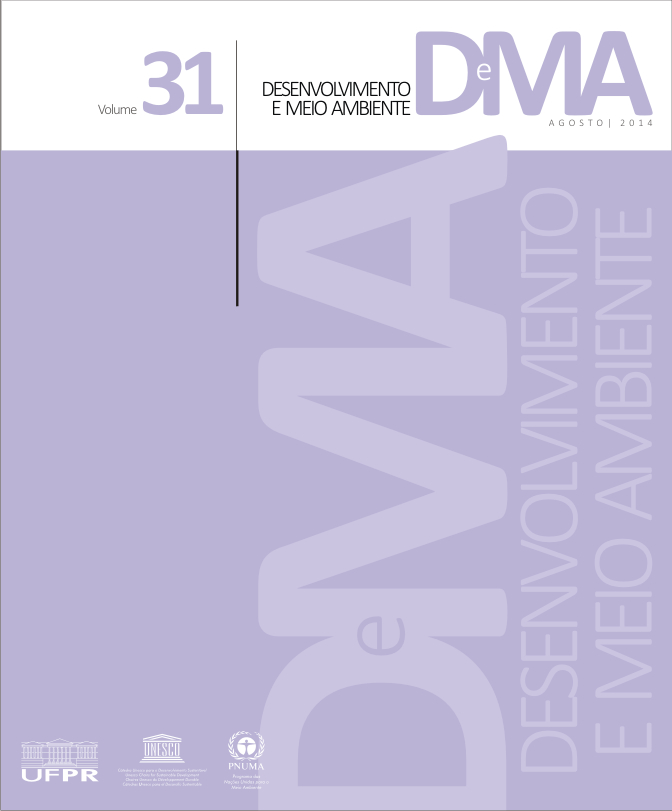Where is the Invisible Hand Guiding Us? Considerations about the Paradoxes of the Hegemonic Model and the Ecological Limits of Development
DOI:
https://doi.org/10.5380/dma.v31i0.34552Keywords:
sustainable development, Antropocene, progress, planetary boundaries, economic growthAbstract
The current economic dynamics of continuous growth in financial capitalism has proved incompatible with the planetary boundaries. Humanity faces an ethical, economic and technological impasse. The current model of production and consumption are insufficient to ensure decent living conditions for all mankind in the present and tends towards deterioration of these conditions in the near future. This paper provides a literature review of classic studies on the theory of sustainable development and, through the critical approach of the capitalist economic theory, questions the hegemonic concept of progress, and reveals the insufficiency of the paradigm of growth to ensure sustainable development. Putting together the lessons from main authors of these areas, this paper concludes that sustainable development requires conditions that have become more difficult to achieve. The current dynamics of the economic system leads to environmental depletion with increasingly severe effects that will be felt especially after 2030, which could conduce to collapse before 2100, undermining the human survival on Earth. Sustainable, sufficient and equitable development requires structural change in production and consumption paradigm. In this sense, social, institutional and informational mechanisms are imperatives and it requires proper and coordinated technological advances.
Downloads
Published
How to Cite
Issue
Section
License
Copyright on works published in this journal rests with the author, with first publication rights for the journal. The content of published works is the sole responsibility of the authors. DMA is an open access journal and has adopted the Creative Commons Attribution 4.0 Not Adapted (CC-BY) license since January 2023. Therefore, when published by this journal, articles are free to share (copy and redistribute the material in any medium or format for any purpose, even commercial) and adapt (remix, transform, and create from the material for any purpose, even commercial). You must give appropriate credit, provide a link to the license and indicate if changes have been made.
The contents published by DMA from v. 53, 2020 to v. 60, 2022 are protected by the Creative Commons Attribution-NonCommercial-NoDerivatives 4.0 International license.
DMA has been an open access journal since its creation, however, from v.1 of 2000 to v. 52 of 2019, the journal did not adopt a Creative Commons license and therefore the type of license is not indicated on the first page of the articles.




